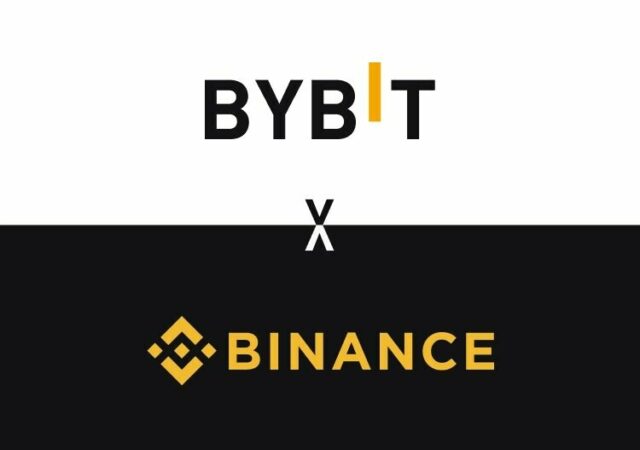New Cryptocurrency
In late March 2018, President Nicolas Maduro officially announced the inception of petro (PTR), Venezuela’s new digital currency. He shares that PTR is backed by the country’s oil, gas, diamonds and gold with $735M being successfully raised on its first pre-sale day. PTR is also meant to aid in overcoming US and EU sanctions that were imposed due to the political crisis in country.
Backdrop for Venezuela
There is a big divide in Venezuela between the ruling government and the opposition which each accusing the other for trying to stage a coup. Dropping oil prices has exacerbated this situation as 95% of Venezuela’s export revenues are derived from oil. These revenues are critical for financing the much need social programs in Venezuela.
30% Discount Off Crude Oil for India
From November 2017 till February 2018, India had been importing an average of 300,000 barrels per day (bpd) from Venezuela. This accounts for approximately 7% of India’s oil consumption per day. While striking a deal with Coinsecure, a Delhi-based cryptocurrency exchange, Venezuelan authorities offered a 30% discount off crude oil exports to India if paid for in PTR. Coinsecure’s chief executive officer, Mohit Kalra shared that Venezuela wants PTR to be added to their platform in order for the cryptocurrency to be traded against bitcoin and the rupee. Furthermore, Venezuela would like to host a conference in India for Maduro to present PTR with Coinsecure supporting the exchange solutions. In fact, as early as late last year, PTR has already been announced and sold to investors. An official launch for PTR is expected after the presidential elections in Venezuela that is taking place on May 20.
The Legitimacy of Petro (PTR)

Commodity-backed cryptocurrency petro.
It is understood from CCN.com that Maduro has claimed that PTR’s pre-sale made as much as $5 billion. PTR was sold in 127 countries with reportedly 171,000 interested investors registering for its pre-sale. However, the Brookings Institution, an American nonprofit public policy organization based in Washington, DC says that PTR impairs other legitimate cryptocurrencies. US President Donald Trump has proceeded to ban US citizens and residents from purchasing PTR as it was created to escape US sanctions. Venezuela’s opposition party National Assembly says that PTR is unconstitutional.
Against Decentralization
It might be worth noting that PTR does not adhere much to the way other legitimate cryptocurrencies operate, namely through prioritizing decentralization, transparency, and security. PTR is government-controlled and can be manipulated for maximum profits. It is pegged to Venezuela’s oil reserves that include an arbitrary discount rate as well as dependent on the PTR/bolivar exchange rate. The PTR is best to be closely observed for now.





